Webcomm
-
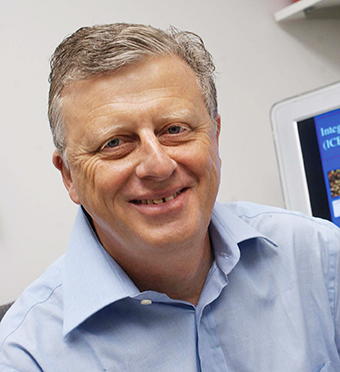
“Idling” cancer cells may return
About half of all melanomas have mutations in the BRAF gene that accelerate tumor cell growth and spread. While most patients benefit from targeted anti-BRAF therapy, resistance to treatment and tumor progression is almost inevitable. Vito Quaranta, MD, and colleagues studied the response of several BRAF-mutated melanoma cell lines to BRAF inhibitors. Reporting March 27 in the Biophysical… Read MoreApr. 12, 2018
-

Kathleen Gould wins SEC Faculty Achievement Award
Kathleen Gould, Louise B. McGavock Professor of Cell and Developmental Biology in the School of Medicine, is Vanderbilt’s winner of the 2018 Southeastern Conference Faculty Achievement Award. The awards, now in their seventh year, are an initiative of SECU, the academic arm of the Southeastern Conference, and recognize senior faculty at… Read MoreApr. 2, 2018
-

Deerfield Management, Vanderbilt University announce launch of Ancora Innovation
Deerfield Management and Vanderbilt University announced today the launch of Ancora Innovation, LLC (“Ancora”), a Deerfield company that will support Vanderbilt’s innovative life science research and leverage Deerfield’s expertise in accelerating state-of-the-art drug development. Ancora will fund projects with the aim of changing the current paradigm of drug development and establishing novel… Read MoreMar. 30, 2018
-
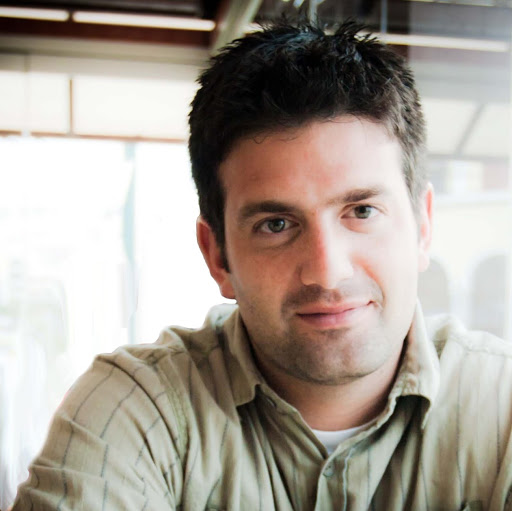
What protein is that?
Imaging mass spectrometry (IMS) makes it possible to see the spatial distribution of molecules in a thin tissue section based on their molecular masses. It is a powerful tool for biomarker discovery, but identifying proteins detected by IMS remains a difficult task. Jeffrey Spraggins, PhD, and colleagues in the Mass Spectrometry… Read MoreMar. 30, 2018
-
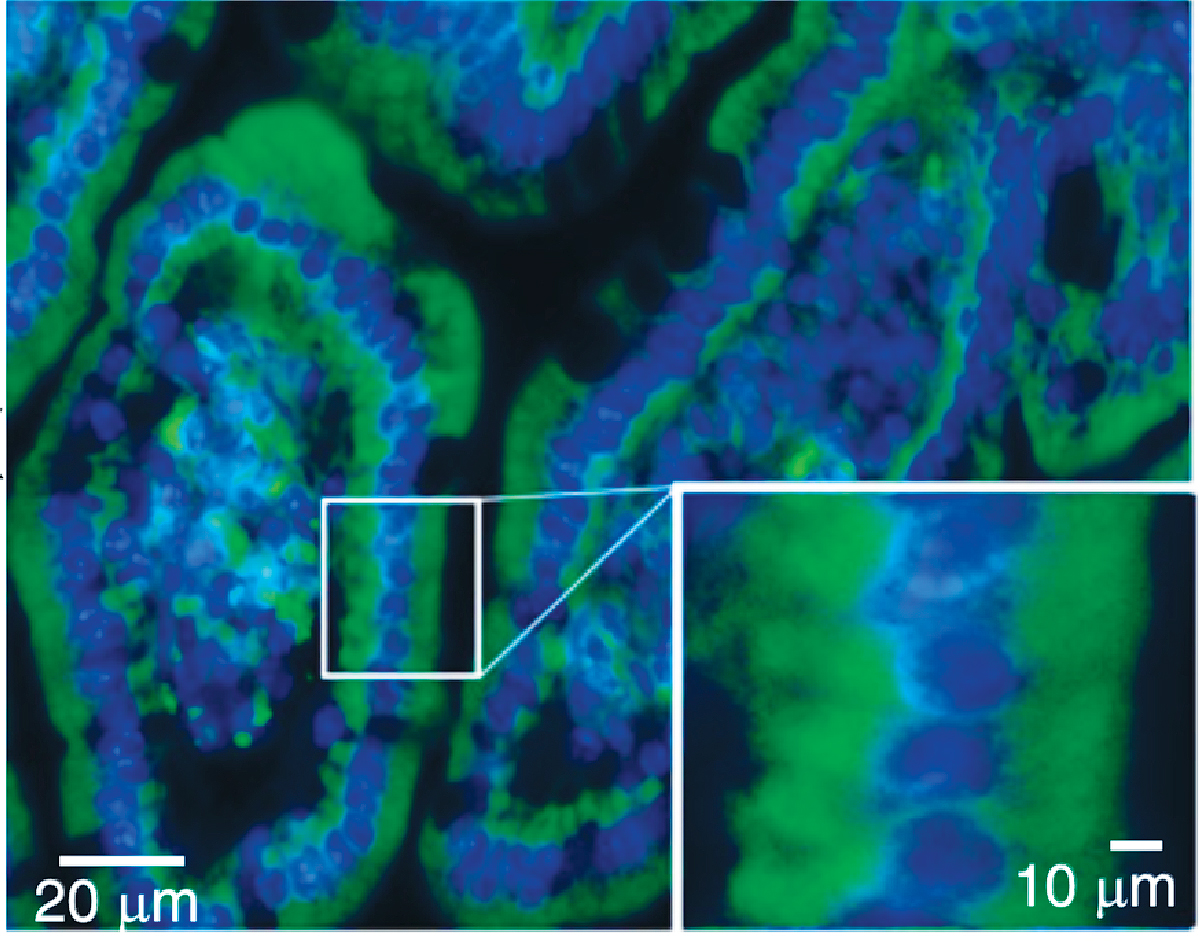
Sulfate-Iron Link to Anemia
Sulfate-Iron Link to Anemia Sulfation (the addition of a sulfate group to a molecule) is an important biochemical process that aids in the detoxification of xenobiotic compounds and plays a role in the biosynthesis of a variety of molecules. In mammalian cells, sulfation requires PAPS (3´-phosphoadenosine 5´-phosphosulfate), which donates… Read MoreMar. 27, 2018
-
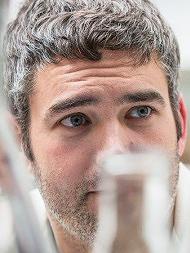
Voluntary exercise and energy balance
Physical exercise alone generally fails to produce meaningful weight loss in obese individuals, and reduced non-exercise activity has been suggested to explain this observation. Daniel Lark, PhD, and colleagues explored how interactions between exercise (voluntary wheel running) and non-exercise activity (“off-wheel” activity) affect energy balance in mice. The researchers reported in… Read MoreMar. 27, 2018
-

Founders’ Celebration for Institute of Chemical Biology
The Vanderbilt Institute of Chemical Biology (VICB) will hold a Founders’ Celebration mini-symposium on March 28 to acknowledge the contributions of its founders, Lawrence Marnett, PhD, and Ned Porter, PhD, and to celebrate 15-plus years of success as a trans-institutional scientific incubator. The event, which is co-sponsored by the Department… Read MoreMar. 22, 2018
-
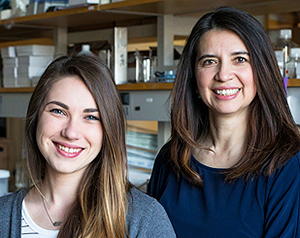
Study tracks protein’s role in stem cell function
Reporting last month in the journal Stem Cell Reports, Vanderbilt researchers found that a form of MCL-1 maintains stem cell pluripotency through its role in the inner matrix of mitochondria, the cell’s energy producing “power plants.” When this MCL-1 is depleted by an inhibitor, stem cells differentiate. MCL-1 depletion also changes the shape of mitochondria,… Read MoreMar. 22, 2018
-

New imaging approach offers unprecedented views of staph infection
Eric Skaar, PhD, MPH, marvels at the images on his computer screen — 3-D molecular-level views of infection in a mouse. “I’m pretty convinced that these are the most advanced images in infection biology,” said Skaar, Ernest W. Goodpasture Professor of Pathology. Skaar and colleagues at Vanderbilt including James Cassat, MD,… Read MoreMar. 15, 2018
-

Discovery could lead to improved diabetes treatment
Vanderbilt investigators and colleagues around the country have made a major discovery that could lead to better ways to treat type 1 diabetes (T1D). The discovery concerns glucagon, a hormone that opposes the actions of insulin in regulating glucose levels in the bloodstream. These two hormones are secreted by different… Read MoreMar. 14, 2018